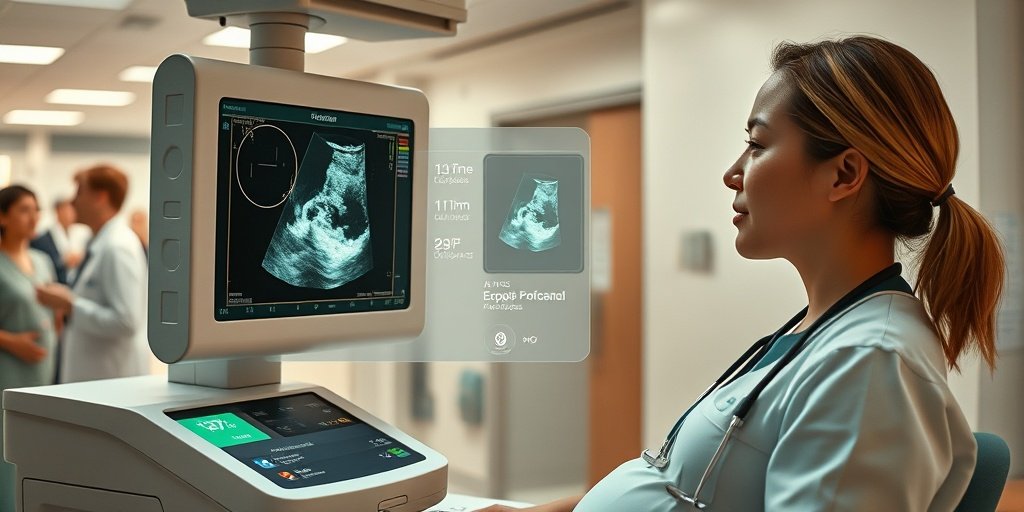Overview
An innovative AI obstetric imaging tool is set to be tested in four NHS hospitals to enhance the identification of congenital issues during the 20-week pregnancy ultrasound scan.
Collaboration and Technology
The UK-based FemTech startup Fraiya is collaborating with King’s College London to evaluate the effectiveness of traditional ultrasound scans against AI-supported screenings using the Fraiyascan solution. This technology aids clinicians by automating:
- Real-time image acquisition
- Quality checks
- Measurements
- Clinical reporting assistance
Importance of Early Detection
Congenital abnormalities occur in approximately 2% of pregnancies in the UK, making timely and accurate detection essential for improving neonatal outcomes and enabling informed parental decisions.
Trial Details
The clinical trial is scheduled to begin in winter 2025 and will last for 12 months, involving over 9,500 pregnant women across:
- Guy’s and St Thomas’ NHS Foundation Trust
- Lewisham and Greenwich NHS Trust
- Liverpool Women’s University Hospital
- Royal Devon University Healthcare NHS Foundation Trust
Expert Insights
Professor Reza Razavi, CEO of Fraiya and chief investigator of the trial, stated, “This trial represents a pivotal moment. It’s not merely about demonstrating that our AI tools function; it’s about showing their value to the healthcare system.”
He emphasized the difference in outcomes for babies diagnosed during pregnancy versus those who are not, highlighting the importance of early detection for better care and preparation for parents.
Funding and Development
The trial is funded by the National Institute for Health and Care Research and will assess:
- Cost-effectiveness
- Workflow efficiency
- Impact on workforce and patient experience
Fraiya originated from the iFIND project at King’s College London and Imperial College, supported by a £10 million grant from the Engineering and Physical Sciences Research Council and Wellcome Trust.
Future Implications
If successful, the AI screening tool could be integrated into NHS workflows, potentially leading to a nationwide improvement in fetal anomaly detection. Results are anticipated in early 2027, which may also set new global standards for prenatal care.
Funding Update
Fraiya recently completed its pre-seed funding round, securing £3.5 million from various sources, including grants, awards, venture capital, and angel investments since October 2024.
